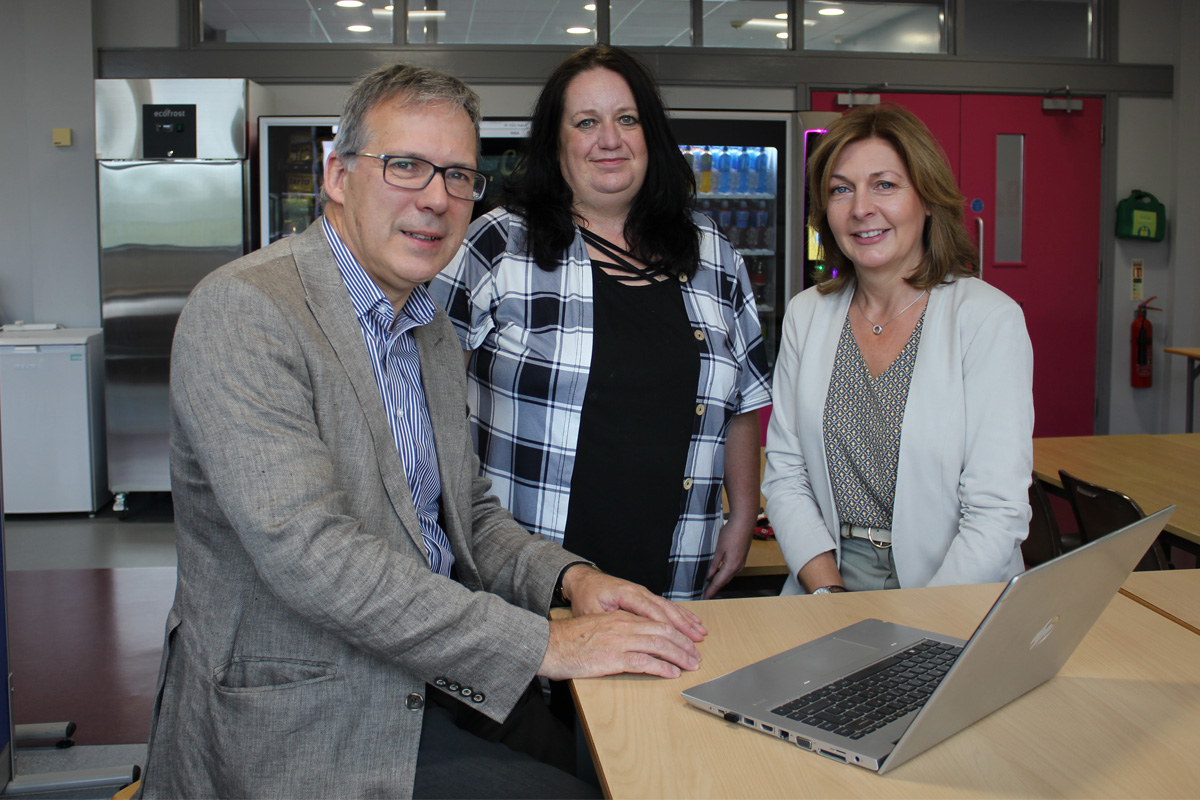Why free school meal recipients earn less than their peers

Students from poorer backgrounds typically go on to earn less than others as adults and the differences are stark. What factors are behind the earnings gap?
People who grew up in income-deprived households in England have lower average earnings aged 30 years than their peers, even when matching educational level and secondary school attainment.
Analysis of long-term administrative data shows a persistent earnings gap between those who received free school meals in childhood and other students.
Part of this overall gap in lower earnings is because of people from income-deprived backgrounds being much less likely to go on to higher education. The size of that overall earnings gap widens between the ages of 18 and 30 years, particularly around university graduation age.
But even among those with the same qualification level and similar attainment in secondary school, disadvantaged pupils went on to earn less than their peers.
In this article, we explore explanations for the gap: education, experience in the workplace, ethnicity, gender and other possible factors.
The earnings gap between free school meals recipients and non-recipients in state-funded schools can be mostly accounted for by these characteristics.
However, students who went to independent privately funded schools (who are not eligible for free school meals) typically out earned most other students with a similar qualification level and key stage 4 (KS4) attainment by age 30.
A free school meals student with similar characteristics would still earn around 20% less on average than an independent school student.
Half of free school meals students earned £17,000 or less aged 30 years
There is a wide variation in pay among top-earning individuals, but earnings at age 30 years for disadvantaged students are generally considerably lower.
Free school meals are available for students at state-funded schools who live in a household with an income of £7,500 per year or less.
Long-term administrative data track the outcomes of these students alongside others who attended state-funded schools but did not receive free school meals, and independent school students (schools funded privately). Independent school students are not eligible for free school meals, and there are no data for household income for these students. We looked at people who were aged 30 between April 2016 and April 2019.
In all three of these groups, there is a large difference in earnings between the highest and lowest paid. This means there is not just an earnings gap between students of different backgrounds but also variation among employed people in the same group.
Of independent school students, the top 10% earned £71,000 or more but the top 1% earned upwards of £180,000.
By contrast, of state school students not on free school meals, individuals would need to earn over £85,000 a year to be in the top 1%. Their earnings were at least double the salary of 90% of individuals in this group.
The top 1% of free school meals students earned around £63,000. By contrast, 50% of people who were on free school meals earned £17,000 or less aged 30 years.
Sector Response
Ben Gadsby, Head of Policy and Research at youth charity Impetus said:
“The gap in the life chances of young people from disadvantaged backgrounds compared to their better off peers is still too big. These young people are more likely to be not in education, training or employment (NEET) early on in their careers and so miss out on vital early career development. We think all young people should have the choice of a quality education, training or work placement to close this disadvantage gap and enable all young people, whatever their background to succeed in life.”
Russell Hobby, CEO of education charity Teach First, commented:
“Once again, we see clear evidence that, if you’re from a poorer background, your employment prospects are less promising – and your future earnings badly affected. This cannot simply be an accepted fact of our society.
“With an emerging cost of living crisis, everyone is feeling the pinch – but young people from poorer backgrounds will suffer the most unless we take action.
“That means better funding for schools serving disadvantaged communities to support their education, alongside improved careers education and work experience opportunities to ensure they are prepared and inspired for the world of work.”











Responses